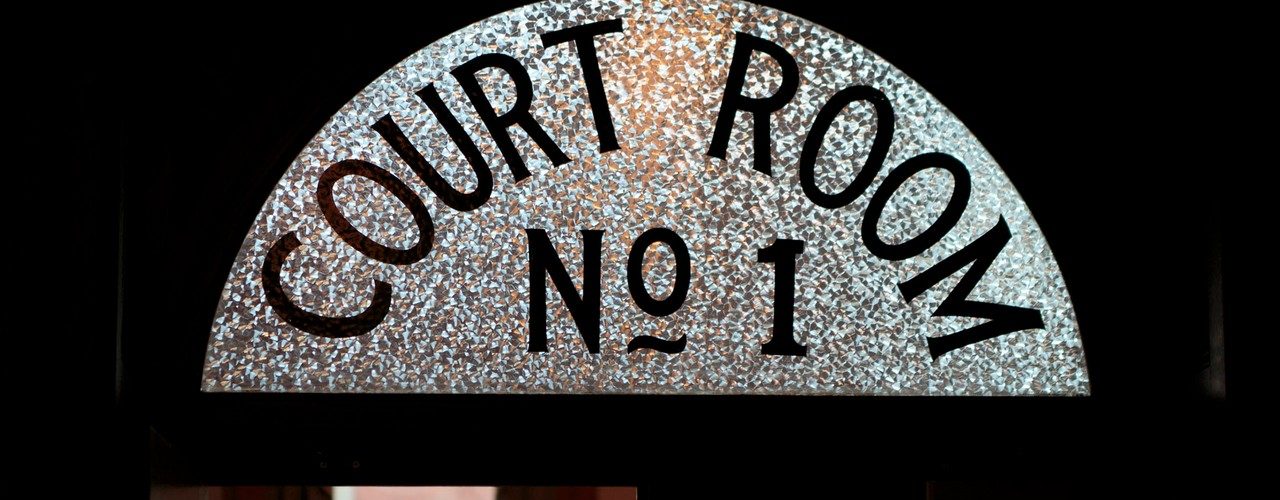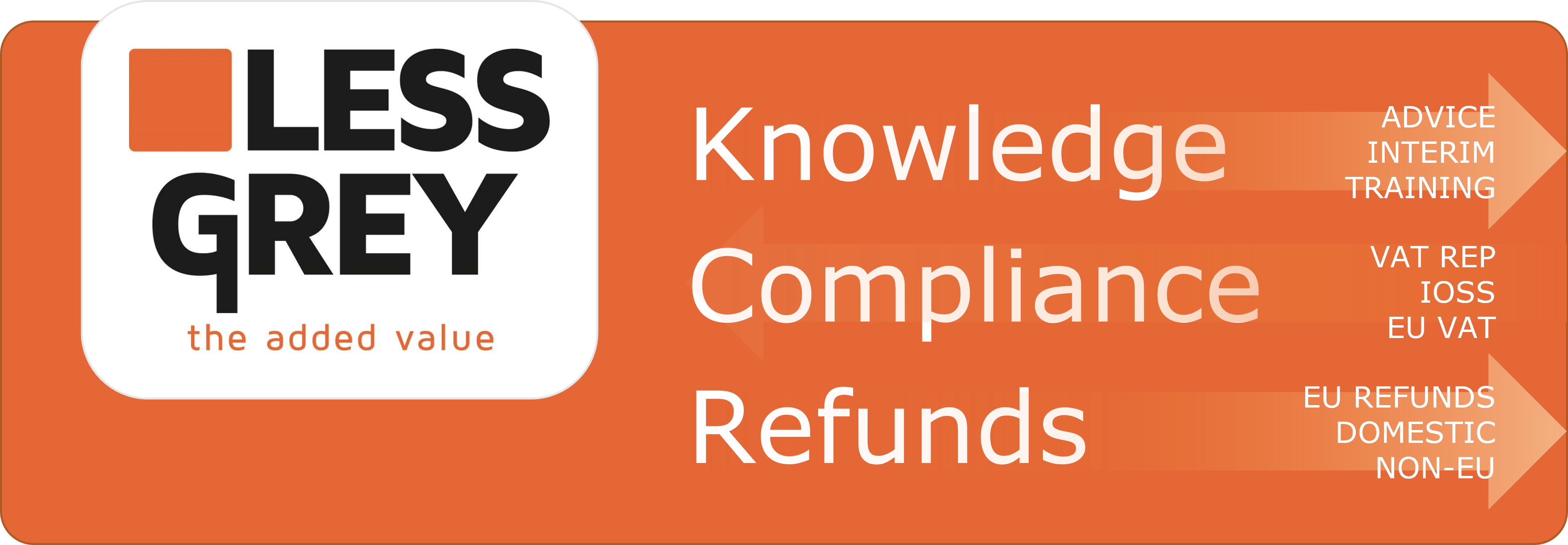On Novenber 9, 2011, the ECJ issued its decision in the case C-299/11 (Gemeente Vlaardingen).
Context: Taxation – VAT – Taxable transactions – Application for the purposes of a business of goods obtained ‘in the course of such business’ – Treatment as a supply for consideration – Sports pitches belonging to the taxable person and transformed by a third person
Article in the EU VAT Directive
Article 5(7)(a) of the Sixth VAT Directibe (Article 18 of the EU VAT Directive 2006/112/EC).
Article 18
Member States may treat each of the following transactions as a supply of goods for consideration:
(a) the application by a taxable person for the purposes of his business of goods produced, constructed, extracted, processed, purchased or imported in the course of such business, where the VAT on such goods, had they been acquired from another taxable person, would not be wholly deductible;
(b) the application of goods by a taxable person for the purposes of a non-taxable area of activity, where the VAT on such goods became wholly or partly deductible upon their acquisition or upon their application in accordance with point (a);
(c) with the exception of the cases referred to in Article 19, the retention of goods by a taxable person, or by his successors, when he ceases to carry out a taxable economic activity, where the VAT on such goods became wholly or partly deductible upon their acquisition or upon their application in accordance with point (a).
Facts
- Vlaardingen owns a sports complex which includes a number of open air pitches. It rents out those pitches to sports associations, applying the VAT exemption laid down for such associations.
- During 2003, Vlaardingen instructed contractors to cover the sports pitches, the surface of which was natural grass, with an artificial surface. After the completion of that work in 2004, Vlaardingen continued to rent out the same pitches, exempt from VAT, to the sports associations which had rented them previously.
- After paying the invoices for that work, which amounted in total to EUR 1 547 440, including VAT in the amount of EUR 293 993, Vlaardingen was ineligible for a deduction of that VAT, as its activity in relation to the pitches at issue – namely, their renting out to sports associations – was exempt from VAT.
- Following an audit of Vlaardingen’s tax situation, the competent authority issued it with a notice of assessment, in respect of VAT for the year 2004, in the amount of EUR 116 099. According to that authority, Vlaardingen’s application of the pitches at issue for its rental activity should be regarded as ‘the use for business purposes of … goods which are produced to order, with the materials, including land, being provided’ within the meaning of Article 3(1)(h) of the Wet OB.
- For the purposes of calculating VAT, the competent authority took into account both the costs of the transformation of the sports pitches concerned and the value of the ground on which those pitches lay:
- Costs of transformation of the pitches: EUR 1 547 440
- Value of the ground: + EUR 610 940
- Taxable amount: EUR 2 158 380
- VAT at 19% on EUR 2 158 380: EUR 410 092
- Deduction of VAT paid for the transformation: – EUR 293 993
- VAT payable: EUR 116 099.
- Vlaardingen contested that levy before the Rechtbank te ’s‑Gravenhage (District Court, The Hague). Vlaardingen argues that the application for the purposes of its rental activity business of its pitches, which from now on will have an artificial surface, should not be subject to VAT.
- The Rechtbank te ’s-Gravenhage dismissed Vlaardingen’s action. On appeal, the Gerechtshof ’s-Gravenhage (Regional Court of Appeal, The Hague) set aside the decision at first instance, as well as the contested assessment, by decision of 26 January 2009. It held, inter alia, that Article 3(1)(h) of the Wet OB is incompatible with Article 5(7)(a) of the Sixth Directive, in so far as, under that provision of the Wet OB, the simple fact of a person having at his disposal goods produced by third persons is regarded as a supply of goods. The Staatssecretaris van Financiën lodged an appeal in cassation against the decision of the Gerechtshof ’s-Gravenhage.
Questions
Must Article 5(7)(a) of the Sixth Directive, read in conjunction with Article 5(5) and Article 11(A)(1)(b) of the Sixth Directive, be interpreted as meaning that, upon the occupation of immovable property by a taxable person for exempt purposes, a Member State may charge VAT in a case where:
– that immovable property consists of a (building) work completed on the taxable person’s own land and to his own order by a third person for consideration, and
– that land was previously used by the taxable person for (the same) exempt business purposes, and the taxable person did not previously enjoy a VAT deduction in respect of that same land,
with the result that (the value of that) same land becomes included in the VAT charge?
AG Opinion
Article 5(7)(a) of Sixth Council Directive 77/388/EEC of 17 May 1977 on the harmonisation of the laws of the Member States relating to turnover taxes – Common system of value added tax: uniform basis of assessment should be interpreted as meaning that, upon the occupation of immovable property by a taxable person for exempt purposes, a Member State may charge VAT in a case where:
that immovable property consists of a building work completed on the taxable person’s own land and to his own order by a third person for consideration,
with the result that the value of that land becomes included in the VAT charge;
unless the land in question has already been applied in the past for the same exempt purposes of his business.
Decision
Article 5(7)(a) of the Sixth Council Directive 77/388/EEC of 17 May 1977 on the harmonisation of the laws of the Member States relating to turnover taxes – Common system of value added tax: uniform basis of assessment, as amended by Council Directive 95/7/EC of 10 April 1995, read in conjunction with Article 11(A)(1)(b) of that directive, must be interpreted as meaning that the application by a taxable person, for the purposes of an economic activity exempt from VAT, of sports pitches which he owns and which he has had transformed by a third person can be subject to VAT calculated on the basis of the aggregate arrived at by adding to the transformation costs the value of the ground on which the pitches lie, to the extent that the taxable person has not yet paid the VAT relating to that value or to those costs, and provided that the pitches at issue are not covered by the exemption provided for in Article 13(B)(h) of the Sixth Directive.
Summary
According to the CJEU, the Dutch integration tax is not in conflict with EU law. Among other things, the ECJ sets the condition that no VAT has yet been paid on the value of the land.
Source:
Similar ECJ cases
How did countries implement the case? Your feedback appreciated! Let us know
Newsletters
- BTW jurisprudentie
- Taxlive
- Tiburgh University – The VAT treatment of land under the integrated supply
Join the Linkedin Group on ECJ VAT Cases, click HERE















